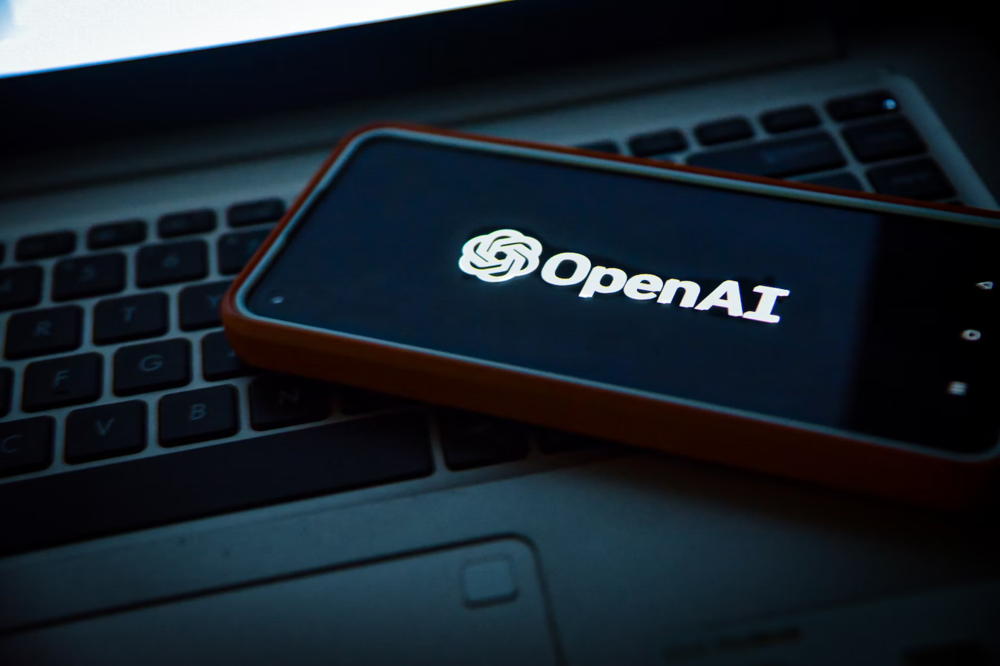OpenAI has confirmed that its ChatGPT service is once again functioning correctly after a brief outage on Wednesday afternoon.
According to the website Downdetector.com, users began reporting problems with the ChatGPT service from 2pm GMT on Wednesday. The outage was brief but widespread, and service began returning to normal at 3.50pm GMT.
There is no official word on what caused the outage, and it comes after OpenAI this week held it’s first in-person event on Monday, where the company announced its most powerful artificial intelligence model yet, GPT-4 Turbo, a GPT store, as well as a new option allowing users to create customised versions of ChatGPT.

ChatGPT outage
The custom versions of ChatGPT can be tailored for specific tasks and made available on a GPT Store, as it seeks to monetise the hugely popular service exactly a year on from its public launch.
The Microsoft-backed firm, which said ChatGPT now has 100 million weekly active users, also launched a more powerful GPT-4 Turbo model for developers that can analyse more than 300 pages of text in a single prompt, at half the price of its previous offering.
While earlier versions of the model limited users to inputs of up to 3,000 words, the new model could be asked, for instance, to summarise an entire book.
But on Wednesday there was a problem that lasted nearly two hours.
Service restored
According to OpenAI’s status page, ChatGPT service has now returned to normal.
It said that “a fix has been implemented and we are gradually seeing the services recover. We are currently monitoring the situation.”
“Between 5:42AM – 7:16AM PT we saw errors impacting all services,” it then added, saying the problem had been resolved. “We identified the problem and implemented a fix. We are now seeing normal responses from our services.”
The status page referred to the issue as a “major outage.”
Currently, more than 92 percent of Fortune 500 companies use the platform, up from 80 percent in August.




